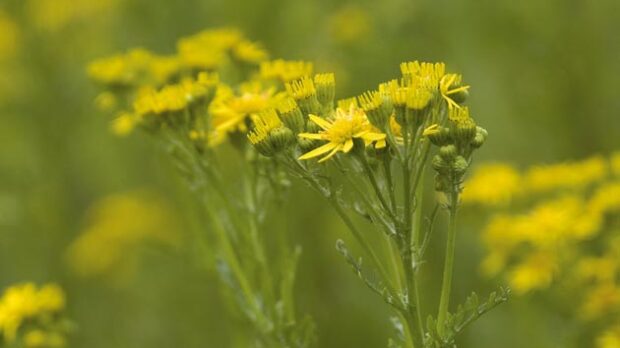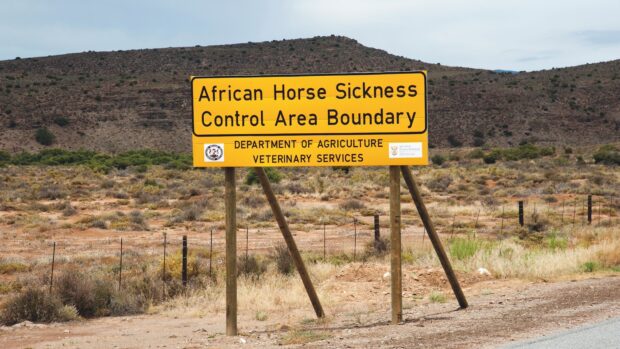The horse industry has welcomed plans to create a “partnership board” of experts to develop English animal health and welfare policy.
The British Horse Industry Confederation (BHIC) was one of a number of bodies asked to advise the government how to manage and finance animal disease control in England.
They suggest a partnership board. This will consider alternatives to replace the “horse tax” proposed by the previous government that would have charged horseowners an annual levy (16 April 2009).
The report now goes to the government and a decision is expected in February.
Professor Tim Morris of the BHIC said: “This would be the best possible result for the horse industry. The one thing that unites owners is that disease affects all horses.”
The Labour government had proposed splitting animal health from welfare and setting up a new body, funded by the farming and equestrian industries, for disease prevention policy.
But the new coalition government agreed to scrap these proposals.
If agreed, the new board would comprise 12 members chosen by the government, at least one of whom would speak for the equine industry.
Its remit would be to develop policy for all “kept animals” — livestock, pets and horses.
Prof Morris said he hopes the board will discuss compensation — currently, if a sheep is culled due to foot-and-mouth disease the farmer gets the market value, whereas if any horse is culled through equine infectious anaemia (EIA or swamp fever) the owner would get just £1.
“This partnership would be the first time external expertise — rather than civil servants — has been allowed into decision-making at Westminster,” said economist Rosemary Radcliffe, who chaired the advisory group.
“Horse tax was not going to work — there was no representation from the sectors.”
But Paul Jepson, former chief executive of the Horse Trust, is unsure how powerful equestrianism’s voice will be on the partnership board.
He said: “It seems unlikely the horse industry will merit a seat at the top table of this board despite contributing around £7billion to the UK economy.”
However, Prof Morris insists the horseworld will have a say.
“There will be a person who speaks for our interests and who will be a point of contact for the equine sector.” he said.
This article was first published in the current issue of Horse & Hound, 16 December 2010



